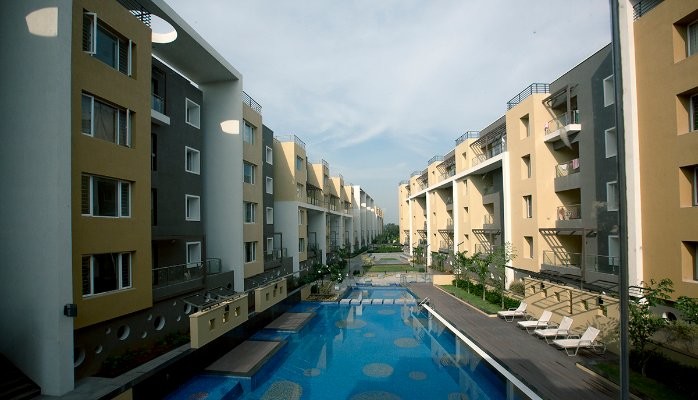
Water quality is a critical concern for multi-family residential complexes, where many residents depend on a shared water supply. Ensuring access to safe, clean water is essential not only for health and hygiene but also for the overall quality of life. This article explores the importance of water quality in multi-family living environments, the common challenges faced, and effective strategies for maintaining high water standards.
Importance of Water Quality
Health and Safety Clean water is vital for human health. Contaminated water can lead to a variety of health issues, including gastrointestinal infections, skin problems, and other serious illnesses. In a multi-family setting, a single source of contaminated water can affect a large number of residents, making effective water quality management crucial.
Property Value The reputation of a residential complex is heavily influenced by the quality of its amenities, including water supply. Properties known for maintaining high water standards often have higher property values and attract more tenants. Conversely, issues with water quality can lead to negative reviews and reduced demand.
Regulatory Compliance Multi-family residential complexes must comply with local and national water quality regulations. Non-compliance can result in legal penalties and costly remediation efforts. Adhering to water quality standards not only ensures the health of residents but also protects property owners from legal ramifications.
Common Challenges
Aging Infrastructure Many multi-family complexes suffer from outdated plumbing systems, which can contribute to water contamination. Old pipes may corrode, leach harmful substances, or allow contaminants to enter the water supply. Regular inspections and maintenance are essential to address these issues.
Water Source Quality The quality of water supplied to residential complexes can vary depending on the source. Whether water comes from municipal supplies, wells, or nearby bodies of water, it is essential to monitor its quality regularly. Seasonal changes, pollution, and runoff can all impact water quality.
Lack of Awareness Residents may not be aware of water quality issues or how to report them. Without a system in place for residents to voice their concerns or learn about water safety practices, potential problems may go unnoticed until they escalate.
Strategies for Ensuring Water Quality
Regular Testing and Monitoring Conducting regular water quality testing is crucial for identifying contaminants. Property managers should establish a schedule for testing, focusing on parameters such as bacteria, heavy metals, and chemical pollutants. This proactive approach allows for quick action if any issues arise.
Upgrading Infrastructure Investing in modern plumbing and water filtration systems can significantly enhance water quality. Property managers should assess the current infrastructure and consider replacing aging pipes, installing filtration systems, or implementing water softeners to improve overall water quality.
Resident Education Educating residents about the importance of water quality can foster a community-oriented approach to maintaining it. Workshops or informational pamphlets can provide insights on how to recognize water quality issues, report concerns, and engage in water-saving practices.
Implementing a Maintenance Plan A comprehensive maintenance plan should include regular inspections of plumbing systems, prompt repairs of leaks, and routine cleaning of water tanks. Property managers should schedule these maintenance activities to ensure consistent water quality.
Engaging with Local Authorities Collaborating with local health departments and water quality agencies can provide valuable resources and support. These partnerships can assist in understanding regulations, obtaining testing kits, and implementing best practices for water quality management.
Emergency Response Planning Establishing an emergency response plan for water quality issues is essential. This plan should outline steps to take in the event of contamination, including communication protocols with residents and remediation strategies to restore water safety.
Conclusion
Ensuring water quality in multi-family residential complexes is a multifaceted challenge that requires proactive management and community involvement. By prioritizing regular testing, upgrading infrastructure, educating residents, and establishing maintenance plans, property managers can create a safe and healthy living environment. The benefits of clean water extend beyond health; they contribute to higher property values and overall resident satisfaction. As urbanization continues to grow, addressing water quality will be crucial for the well-being of communities and the sustainability of residential living.


